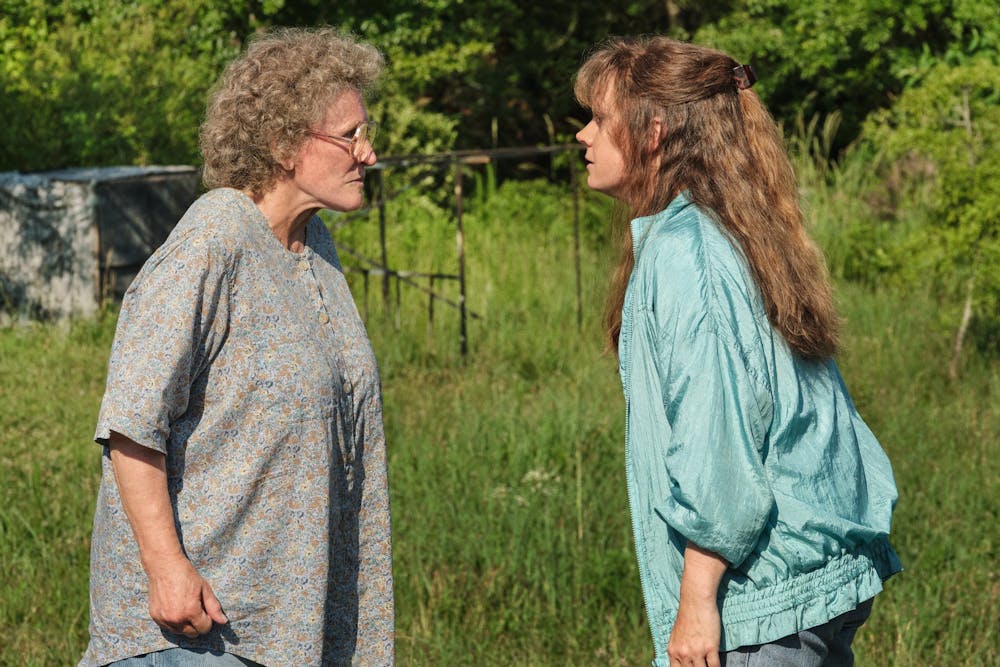On the surface, “Hillbilly Elegy” seems to be everything you would want in an awards candidate.
The story is largely set in the American Midwest, where the contrast between natural beauty and the adverse effects of the country’s shifting economic and social landscapes is most apparent.
The screenplay was adapted from a memoir of the same name, which was on The New York Times Best Sellers list for over a year. It tells a prototypically American story of a boy growing up in southern Ohio, and how the values of his rural family clash with the social problems they face in an urban setting.
The cast is headlined by two names the Academy is sure to recognize, Amy Adams and Glenn Close. The director is an even more familiar name — two-time Oscar winner Ron Howard.
What could possibly go wrong?
A lot, actually.
Right from the beginning, issues with the movie’s directing are made painfully clear to the viewer. The alarming amount of camera cuts in the opening few minutes, which serve no purpose whatsoever, is enough to have viewers' heads spinning.
The jarring visuals are paired with a spell of aggravatingly cliched opening narration delivered by the film’s protagonist, J.D. Vance (Gabriel Basso).
After the opening flashback — another cliche, by the way — to a visit to his family home in J.D.’s adolescence, “Elegy” leaps ahead in time to the present, where we find our protagonist studying at Yale University. There’s no explanation of how he got there, and a decent attempt to provide one won’t be made until the end of the film.




